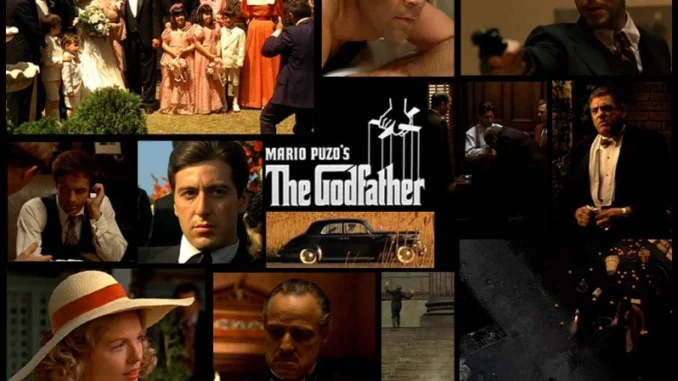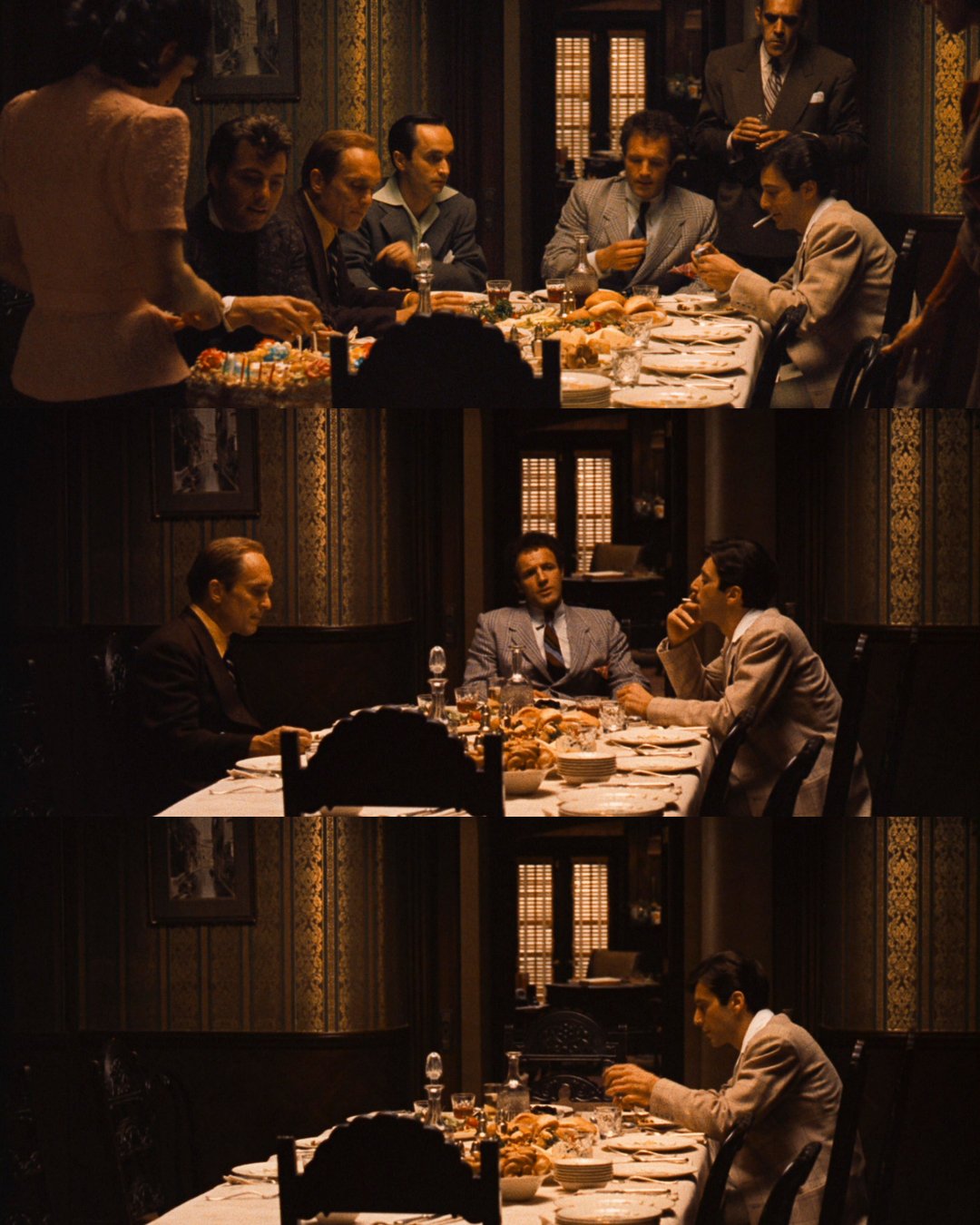
When The Godfather (1972) was released, many viewers used to fast-paced Hollywood films were surprised: how could a mafia movie that runs nearly three hours, unfolds so slowly, and has so few action scenes, still manage to astonish the entire world? That paradox is exactly what made it legendary.
Challenging audiences with a slow pace
Unlike earlier gangster films, The Godfather doesn’t rush into shootouts or bloody gang wars. Instead, Coppola spends long stretches on conversations, family gatherings, silences, and lingering glances. The deliberate pacing forces viewers to be patient, but it also creates a simmering tension, so that when violence does erupt, it hits with far greater impact.
Winning audiences through family and power
Far from being just a “gangster movie,” The Godfather is a family tragedy. At its core are not guns and killings, but relationships between father and son, siblings, husband and wife; it’s about loyalty and betrayal. Michael Corleone’s transformation from an idealistic young man into a cold-blooded boss is both tragic and haunting. Audiences realize this is more than a mafia story—it is an allegory of power, corruption, and the price of loyalty.

Timeless cinematic artistry
The shadow-heavy cinematography, with faces often half-hidden in darkness, conveys mystery and authority. Nino Rota’s score is both mournful and ominous, defining the film’s atmosphere. And the cast—from Marlon Brando to Al Pacino—delivers performances so iconic that it’s impossible to imagine anyone else in their roles.
Revolutionary influence
Before The Godfather, gangster films usually followed a formula: the criminal rises, then is punished by the police, ending with a moral reminder that “crime doesn’t pay.” Coppola shattered that mold. He not only made audiences empathize with a mafia family but also forced them into a conflicted position—admiring and fearing them at the same time. In doing so, The Godfather didn’t just redefine the gangster genre; it reshaped American cinema for decades to come.
That’s why The Godfather is a film that challenges audiences: slow, dialogue-driven, and restrained in action. But precisely because of that, it conquered the world: becoming a timeless masterpiece and an immortal monument of cinema.